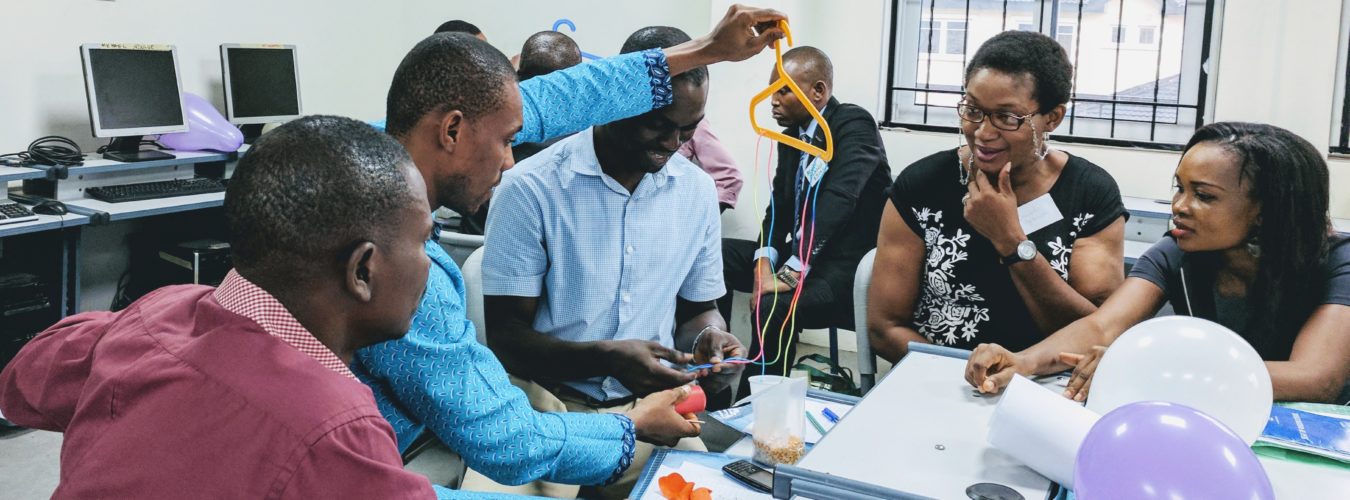In early contemplations of our approach to education, we asked children one question:
“What would you like to find out from scientists?”
Well, we ended up receiving thousands of absolutely amazing and unexpected questions — covering pretty much anything and everything under the Sun.
Here are just some examples of what children have on their mind:
- How would you weigh the Earth?
- Why is the sky blue?
- Can people melt down all the North Pole?
- Why do I have two holes in my nose?
- How many hairs are on a lion’s head?
By the end of it, we were faced with a huge amount of questions — ranging from big questions, funny questions, important questions, to smart questions — all from kids and youth aged 6 to 14.
Looking through our vast new question “database,” we realised something:
Weren’t these questions — or at least some of them — our own questions at some point in our lives?
And, how is it that, after so many years of formal (and informal) education, and experience (by the way, all of us at WhyBlueSky are 30+) we still don’t know the exact responses!
What did we even do at school?!
We had, of course, some ideas of potential responses in our heads (it was never that bad) — but, we got to the point where adding some additional “but whys” made us realize that we just don’t get it really. It left us wondering how, at some point we just accepted the level of our (non) understanding and moved on; skipping yet another crucial “but why?” And, let’s not forget about the rest:
“When?”
“How many?”
“Which?”
“What for?”
“How?”
So, we know who is the main producer of questions — but, who answers them?
Well, how many “but whys” can the average person handle?
Some of us at WhyBlueSky are parents ourselves, and believe us, when we say we know what we’re talking about here — the constant inflow of questions eventually gets hit with an all-too familiar “wall:”
“Um, because, it just is!”
We read somewhere
the average four-year-old asks
437 questions a day. Scary?
What we haven’t seen anywhere, however, is how many questions an average adult asks in a day — yet we’re pretty sure it would likely be significantly less than 437 times daily.
Even scarier?
Do grown-ups already know the responses to the questions they aren’t asking? Quite frankly, over here at the WhyBlueSky office, none of us “adults” had complete answers to the questions listed above.
Maybe we just don’t notice “question opportunities” anymore?
Or maybe, we don’t allow ourselves time to wonder as much as we did in our childhood years?
So, why is the sky blue?
Do you know the answer?
If not, what would it change for you, if you did know it? What would be different if you gave yourself some time to think about it?
And so it follows, the ability to wonder why — simply put, curiosity, is one of the most important competencies in life.
At least that’s what we’re committed to here at WhyBlueSky.
*
Welcome to WhyBlueSky!

